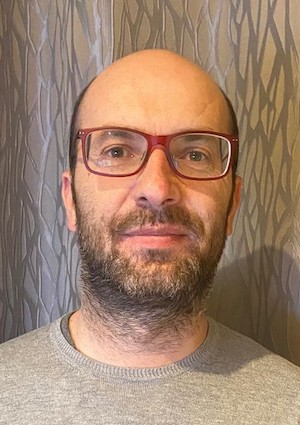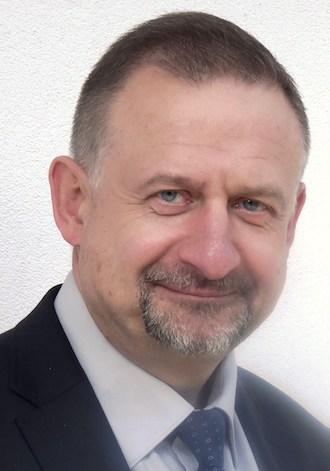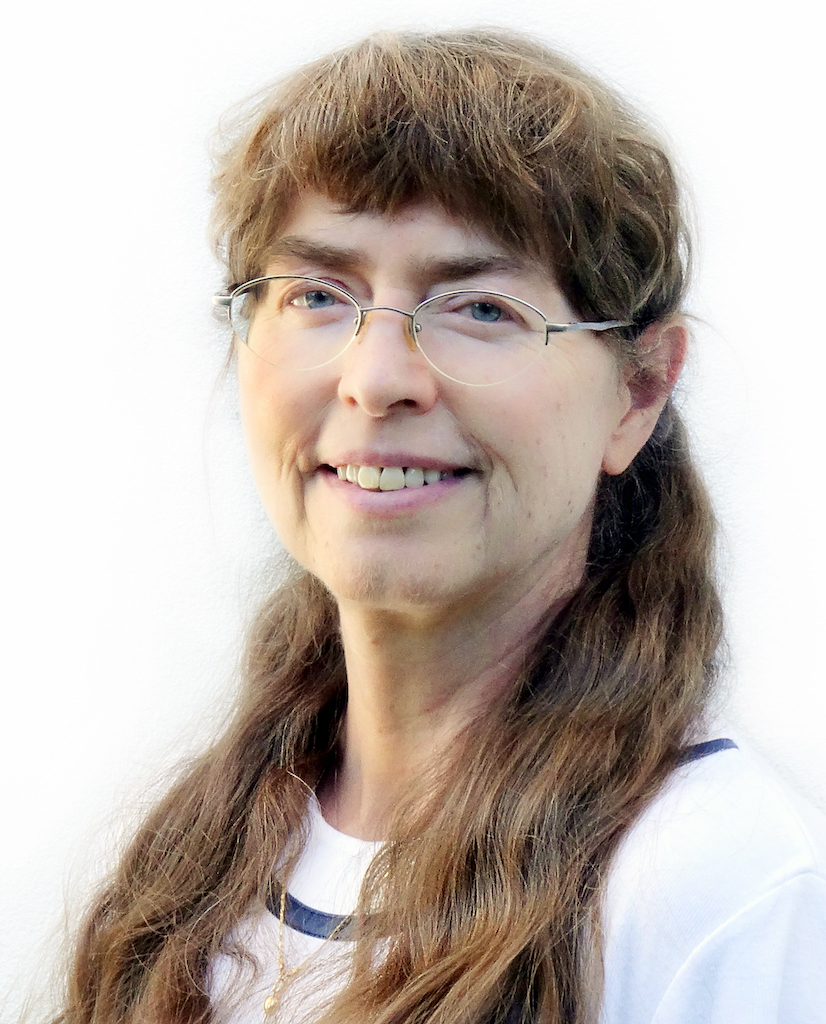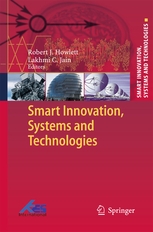Keynote Speakers
We are very pleased to have acquired the services of an excellent selection of keynote speakers for the symposium The speakers and the titles of their talks are shown below.
Prof. Yen-Wei Chen
Ritsumeikan University, JapanSemi-supervised Deep Learning in Medical Imaging
More details ...
Prof. Gennaro Cordasco
University of Campania "Luigi Vanvitelli", ItalyDetecting individuals' emotional states and personality traits through the machine learning processing of non-invasive online handwriting and drawing samples
More details ...
Prof. Andrzej Czyżewski
Gdańsk University of Technology, PolandMultimedia industrial and medical applications supported by machine learning
More details ...
Prof. Bożena Kostek
Gdańsk University of Technology, PolandData, Information, Knowledge, Wisdom Pyramid concept revisited in the context of deep learning
More details ...
Prof. Karlheinz Blank
Reutlingen University, GermanyFrom Data to Value! AI as a building block of a smart digital future!
More details ...
Prof. Yen-Wei Chen
Ritsumeikan University, JapanSemi-supervised Deep Learning in Medical Imaging
Abstract:
Recently, deep learning (DL) plays important roles in many academic and industrial areas especially in computer vision and image recognition. Deep learning uses a neural network with deep structure to build a high-level feature space. It learns data-driven, highly representative, hierarchical image features, which have proven to be superior to conventional hand-crafted low-level features and mid-level features. In ILSVRC2015 (an Annual competition of image classification at large scale), higher recognition accuracy by deep learning than human has been achieved. Deep learning (DL) has also been applied to medical image analysis. Compared with DL-based natural image analysis, there are several challenges in DL-based medical image analysis due to their high dimensionality and limited number of labeled training samples. We proposed several semi-supervised deep learning techniques for computer-aided diagnosis and surgery support including medical image segmentation, medical image detection and medical image recognition. In this talk, I will talk about current progress and futures of computer-aided diagnosis and surgery support with deep learning.

Biography:
Yen-Wei Chen received the B.E. degree in 1985 from Kobe Univ., Kobe, Japan, the M.E. degree in 1987, and the D.E. degree in 1990, both from Osaka Univ., Osaka, Japan. He was a research fellow with the Institute for Laser Technology, Osaka, from 1991 to 1994. From Oct. 1994 to Mar. 2004, he was an associate Professor and a professor with the Department of Electrical and Electronic Engineering, Univ. of the Ryukyus, Okinawa, Japan. He is currently a professor with the college of Information Science and Engineering, Ritsumeikan University, Japan. He is the founder and the first director of Center of Advanced ICT for Medicine and Healthcare, Ritsumeikan University.
His research interests include medical image analysis, computer vision and computational intelligence. He has published more than 300 research papers in a number of leading journals and leading conferences including IEEE Trans. Image Processing, IEEE Trans. Medical Imaging, Pattern Recognition. He has received many distinguished awards including ICPR2012 Best Scientific Paper Award, 2014 JAMIT Best Paper Award. He is/was a leader of numerous national and industrial research projects.
Prof. Gennaro Cordasco
University of Campania "Luigi Vanvitelli", ItalyDetecting individuals' emotional states and personality traits through the machine learning processing of non-invasive online handwriting and drawing samples
Abstract:
The importance of detecting early signs of illnesses can be extended to the detection of negative emotions as well as personality traits since emotions such as depression, anxiety, and stress, as well as personality traits, influence individuals' health and behaviors. We present an innovative approach to detect negative emotions (such as depression, anxiety, and stress), cognitive impairments and personality traits, through handwriting and drawing features. Our approach is non invasive and consists in collecting individual's handwriting/drawing samples through a computerized platform and predict individuals' emotional states and personality traits through machine-learning approaches.

Biography:
Gennaro Cordasco received a PhD degree in Computer Science from Salerno University (IT). Gennaro has been Research-Scholar at the Theoretical Aspect of Parallel and Distributed Systems TAPADS) Lab, University of Massachusetts at Amherst MA, USA (Mar-Nov 2005), doing research activity under the supervision of the Distinguished Professor A.L. Rosenberg.
From 2006 to 2011, he has been Post-Doc at Salerno University, doing research activity at the ISISLab laboratory.
From 2011 to 2020, he has been Assistant Professor at the Dipartimento di Psicologia, University della Campania "L. Vanvitelli" (IT).
Gennaro is currently an Associate Professor in Computer Science at the Dipartimento di Psicologia, University della Campania "L. Vanvitelli" and an affiliate of the International Institute for Advanced Scientific Studies, Italy. His research interests focus on Information diffusion in Networks, Agent-based simulations and optimizations, Handwriting analysis and Emotion recognition.
Prof. Andrzej Czyżewski
Gdańsk University of Technology, PolandMultimedia industrial and medical applications supported by machine learning
Abstract:
This article outlines a keynote paper presented at the Intelligent Decision Technologies conference providing a part of the KES Multi-theme Conference "Smart Digital Futures" organized in Rome on June 14-16, 2023. It briefly discusses projects related to traffic control using developed intelligent traffic signs and diagnosing the health of wind turbine mechanisms and multimodal biometric authentication for banking branches to provide selected examples of industrial applications of intelligent decision technologies. In addition, the developed medical applications for communicating with the surroundings by unconscious people, advanced analyzing disordered speech, and an advanced non-contact respiratory-circulatory radar are presented, using intelligent data analysis and machine learning.

Biography:
Prof. Andrzej Czyżewski has headed the Multimedia Systems Department at Gdańsk University of Technology for more than 30 years. He is the author of more than 600 publications that have appeared in print in scientific journals and conference proceedings, as well as three books and 30 patents, and co-author of more than a dozen solutions implemented in production.
His research interests revolve around issues related to data engineering, signal processing, machine learning, and their numerous interdisciplinary applications. Under the leadership of prof. Andrzej Czyzewski at Gdańsk University of Technology, more than 40 research projects have been carried out to date, including seven international projects.
Prof. Bożena Kostek
Gdańsk University of Technology, PolandData, Information, Knowledge, Wisdom Pyramid concept revisited in the context of deep learning
Abstract:
In this presentation, the data, information, knowledge, and wisdom (DIKW) pyramid is revisited in the context of deep learning applied to machine learning-based audio signal processing. A discussion on the DIKW schema is carried out, resulting in a proposal that may supplement the original concept. Parallels between DIWK pertaining to audio processing are presented based on examples of the case studies performed by the author and her collaborators. The studies shown refer to the challenge concerning the notion that classification performed by machine learning (ML) is/or should be better than human-based expertise. Conclusions are also presented.

Biography:
BOZENA KOSTEK is a professor and head of the Audio and Acoustics Laboratory at Gdansk University of Technology (GUT), Poland. She is a corresponding member of the Polish Academy of Sciences, a Fellow of the Acoustical Society of America, and the Audio Engineering Society. Her research activities are interdisciplinary; however, the main research interests focus on cognitive bases of hearing and vision, intelligent signal processing, music information retrieval, musical informatics, Quality-of-Experience, human-computer-interaction (HCI), as well as applications of machine learning and computational intelligence to the mentioned domains. She published more than 600 scientific papers in journals and at conferences. She also authored or coauthored some technological solutions (40). She led a number of research projects sponsored by the Polish Ministry of Science and Education, the Polish National Centre for R&D, and the National Science Centre, as well as participated in EU projects. Prof. Bożena Kostek has been a guest speaker, session, and panel organizer at conferences held in many countries worldwide. Prof. Kostek acted as Editor-In-Chief for the Journal of the Audio Engineering Society (JAES) and the Archives of Acoustics. In 2013 she served as Associate Editor of the IEEE Transactions on Audio, Speech and Language. Under her guidance, 20 Ph.D. students supported their doctoral theses and 320 M.Sc. and Eng. works. She is the recipient of many prestigious awards, including two 1st prizes from the Prime Minister of Poland, several prizes from the Minister of Science, an award from the Polish Academy of Sciences, and a Distinguished Service Medal Award from the Audio Engineering Society.
Prof. Karlheinz Blank
Reutlingen University, GermanyFrom Data to Value! AI as a building block of a smart digital future!
Abstract:
In his talk, Karlheinz Blank focuses on how to utilize good ideas to bring benefits to small businesses, rather than examining big innovations by tech leaders like Steve Jobs or Elon Musk. He emphasizes the importance of analyzing data, monitoring quality and production to enhance efficiency in a plant. The goal is to generate greater value through more efficient use of resources. He invites entrepreneurs, production managers, technical experts and users to join workshops, where he offers ways for each participant to incorporate AI into their business in small, manageable steps. Karlheinz Blank believes that many small steps will lead to a smarter, digital future.

Biography:
Karlheinz Blank is an Honorary Professor at Reutlingen University's Computer Science Faculty and at the Herman Hollerith Zentrum. He has been teaching Artificial Intelligence, Project Management, Business Computing, and Enterprise Architecture Management for over 20 years.
His goal is to derive value from data in various areas such as production, companies, value chains, and society. By utilizing AI methods, he aims to improve efficiency, quality, and reduce risks and ecological impact. He believes that simple solutions are the best and that a good idea only becomes a real innovation when it is used effectively and scaled up. Since September 2022, he has been working as an independent IT consultant, offering advice to small, medium, and large companies on how to utilize AI and digitalization in various application areas. He works with Arborsys.de to help companies achieve their digital goals.
From 1997 to 2022, Karlheinz Blank worked at T-Systems as a portfolio and innovation manager, executive consultant, project manager, and IT architect in the automotive OEM industry. During this time, he focused on incorporating AI into projects.
From 1991 to 1996, he worked as a project manager at Daimler Research in Ulm and at the Research Institute for Application-Oriented Knowledge Processing (FAW) in Ulm. His main area of focus was User Modelling.



